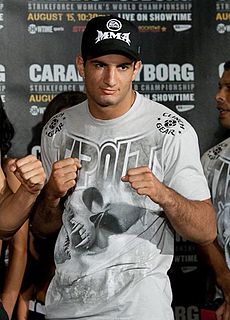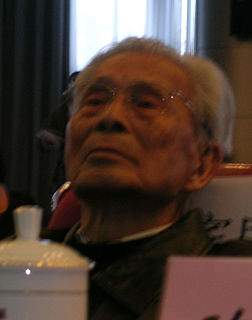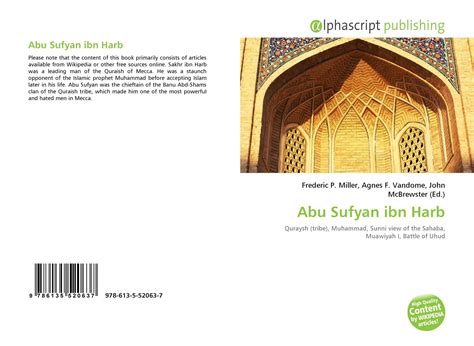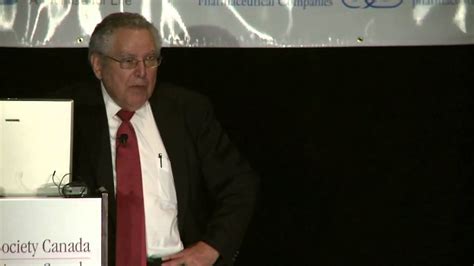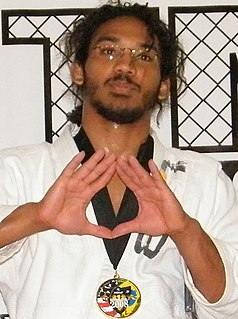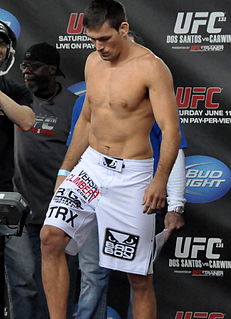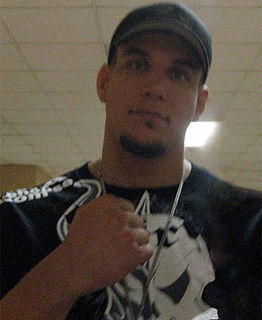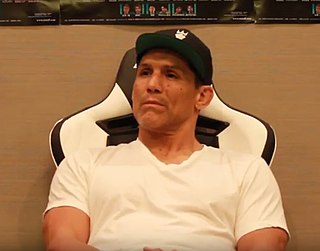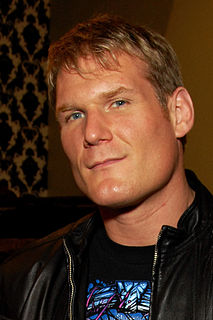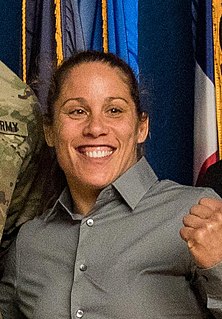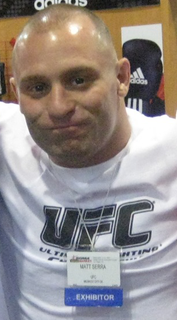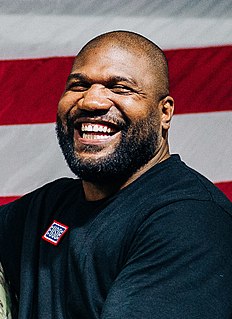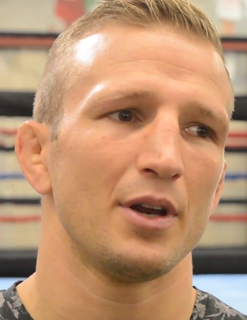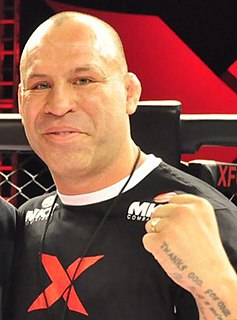A Quote by Gegard Mousasi
Emotion works against you. The less emotion, the more you use your brain and fight smart.
Related Quotes
When we approach games, we're always emotional-focused, so if a free-to-play business model works against the emotion, we won't use it. If it actually works well with the emotion, or if we can come up with a new way to do monetization that's different and that's unique for the game, I would go for that.
Now with our Software Developer Kit (SDK), any developer can embed Emotion AI into the apps, games, devices, and digital experiences they are building, so that these can sense human emotion and adapt. This approach is rapidly driving more ubiquitous use of Emotion AI across a number of different industries.
The first time we did it [voice-over], I was trying to use my face and my eyes more so and really portray that emotion, and that didn't matter. I realized you have to bring that emotion into the way you sound, and all those different layers have to be in your voice instead of the way you are wrinkling your eyebrows or whatever. I had to learn how to do that.
Fight sequence to me isn't just about the athleticism. It so often is about what the emotion that is behind it and how willing you are to really, really challenge that emotion or really take that emotion to that place so you're feeling a certain intensity for the whole time when you're shooting the actual physical scenes.
For my part, I think we need more emotion, not less. But I think, too, that we need to educate people in how to feel. Emotionalism is not the same as emotion. We cannot cut out emotion - in the economy of the human body, it is the limbic, not the neural, highway that takes precedence. We are not robots...but we act as though all our problems would be solved if only we had no emotions to cloud our judgement.
Human beings are powered by emotion, not by reason. Study after study has proven that if the emotion centers of our brain are damaged in some way, we don't just lose the ability to laugh or cry, we lose the ability to make decisions. Alarm bells for every business right there. The neurologist Donald Calne puts it brilliantly: “The essential difference between emotion and reason is that emotion leads to action while reason leads to conclusions.”
